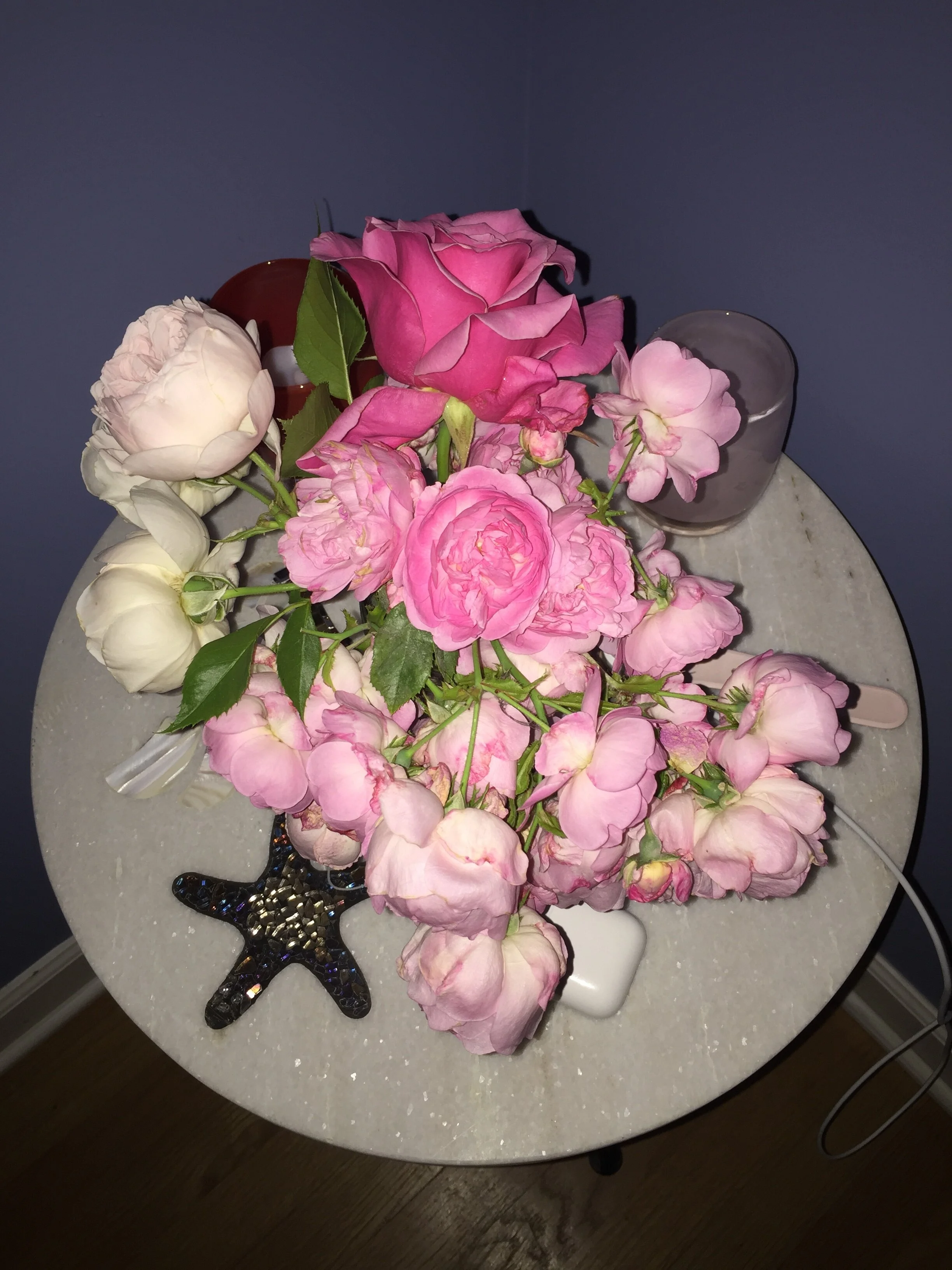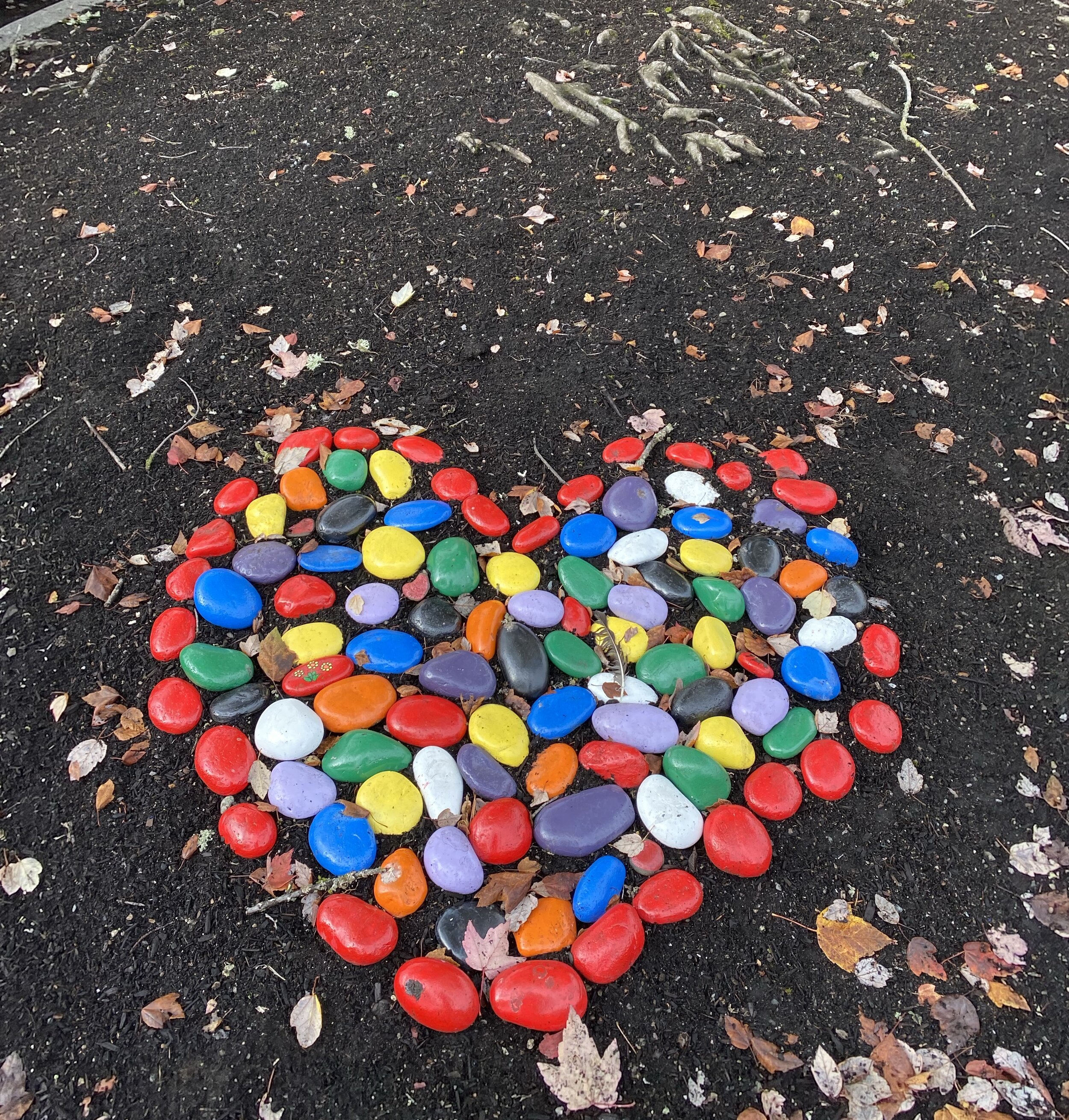What Happened to Those Old Ambitions?
/New buds on a mature plant. POP POP!
Lately, I hear people talk about motivation levels. How they feel low, stuck, muddled, and in some cases, abandoned by the old fire of days past. And who are we when our old familiar ambitions leave us? Of course there could be many reasons for low motivation, everything from being in a personal mojo descendent (my term for a natural tide of quieter energy); you may need more protein or iron pills or sleep or a new fall goal or some cold-weather strategies. Or maybe it's something else--
What if your ambitions are changing?
Hey, it happens. And it can sneak up on you slowly or just feel like it all hits you in one fell swoop. I experienced this in my late 30's. My old self-focused and career-fueled ambitions were gone and there I was left dangling: a bit dazed, confused and as a result, stuck. (Note: when you feel stuck think of it as a feeling, not necessarily the truth.)
In my experience, motivation drops can go like this: One minute you're enjoying the high tides of ambitions that are focused on career, athletics, child-raising, creative projects and then, kaput. It's like someone turned out the lights on your house of motivation. And you could be left feeling, well, let's pull out those great judgment words: lazy, unmotivated, unambitious, stuck, blue, alienated -- like a nice good-ol' fashion loser, watching everyone race on by you to beautiful places.
Here's my take on Ambitions: They have to change. And they can change suddenly and profoundly (life themes) and in small daily life ways (like reading or cooking). And in order to pick up on the change and act on them, things have to slow down. You have to make the space to reflect, accept and carry on with new and more better-suited ambitions. And hey -- they may be broader and vaster ones too. That's good, right?
So, here's a way to reframe things:
If you feel stuck or unmotivated and all the self-doubt and nasty gollum voices are coming over to have a nice big party at your place, don't give in. Instead, consider this:
Are your ambitions shifting?
And if so, what are the opportunities available to you now?
How can you harness all that delicious curiosity you have to explore this passage of time and see what you find?
It could be that your so-called lack of motivation is your body sending you a message to slow down, look up and move through the world with fresh eyes. Life in your body may not feel super comfortable right now but hang in there. This space may be one of preparation as you enter a new life space that is wonderful and new.
And keep your eye out for your new ambitions.







 Ok, the inspiration behind this post is important for one reason.
It's funny as hell.
Ok, the inspiration behind this post is important for one reason.
It's funny as hell. Web sites, email, blogs, Twitter, Facebook -- everyone's a writer these days. And it's a good thing.
The tricky issue becomes: How do you sound like you when you write?
Web sites, email, blogs, Twitter, Facebook -- everyone's a writer these days. And it's a good thing.
The tricky issue becomes: How do you sound like you when you write? Chicago is out of the Oly 2016 bid and I'm glad. I'm happy about it for a couple of reasons.
Chicago is out of the Oly 2016 bid and I'm glad. I'm happy about it for a couple of reasons.


 Many people are floating around a bit these days. A lot of questions in the air:
What should I do with my life now? What kind of work could I do next?
Many people are floating around a bit these days. A lot of questions in the air:
What should I do with my life now? What kind of work could I do next?
This blog is moving over to Beauty Hunter on Substack, and I’m taking you with me.